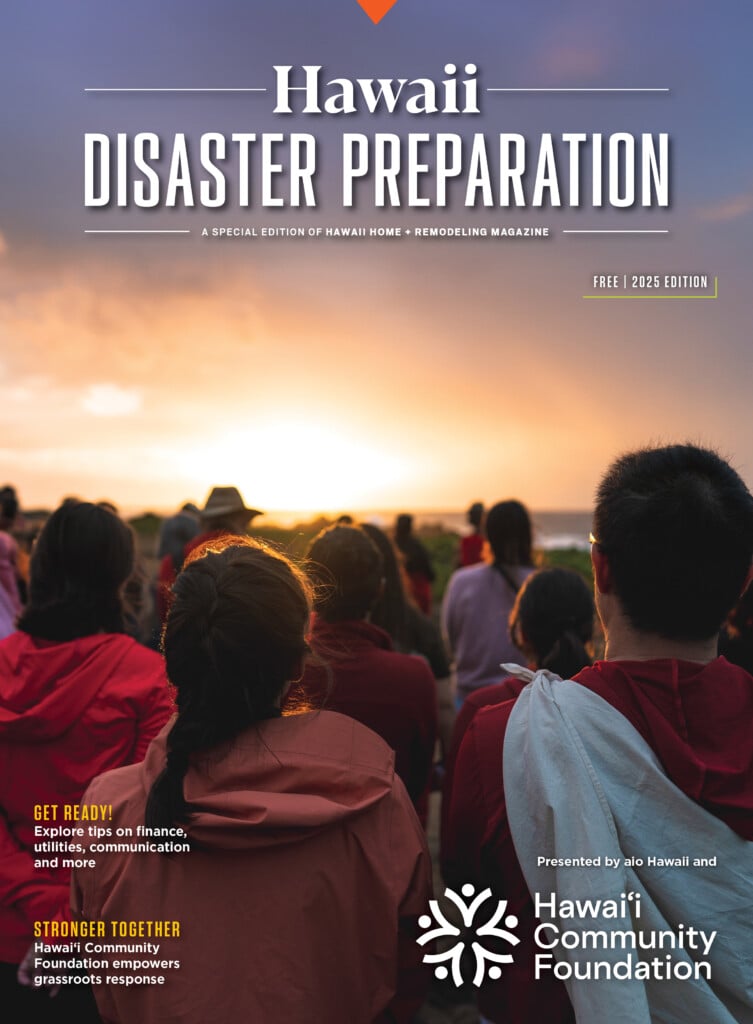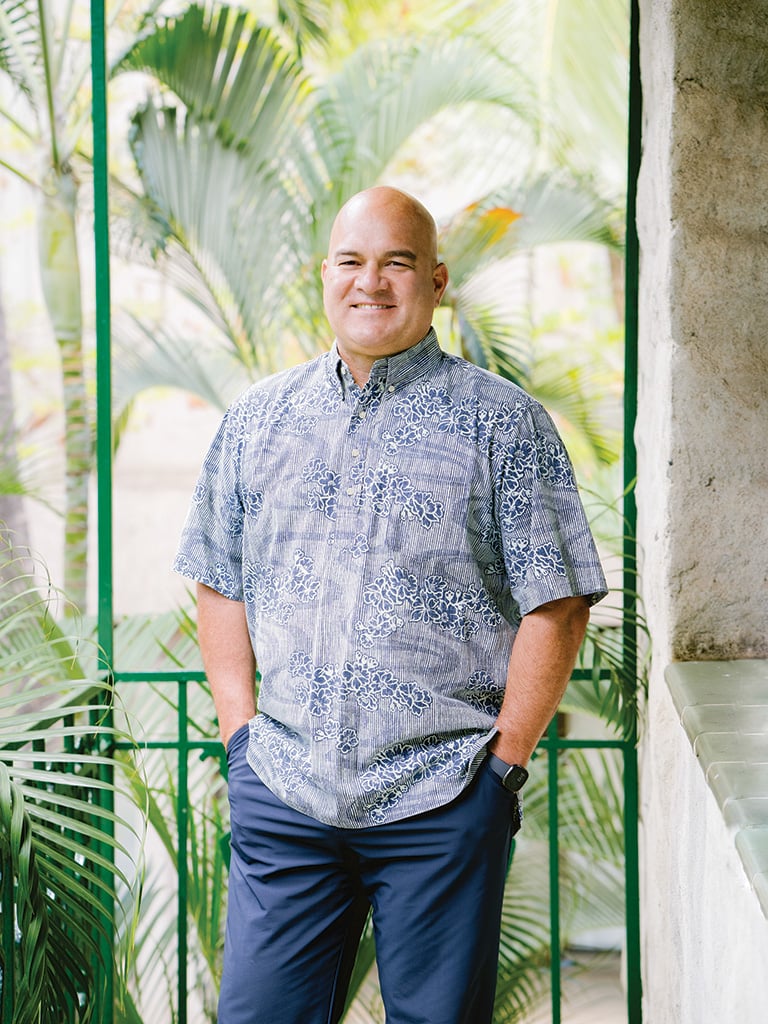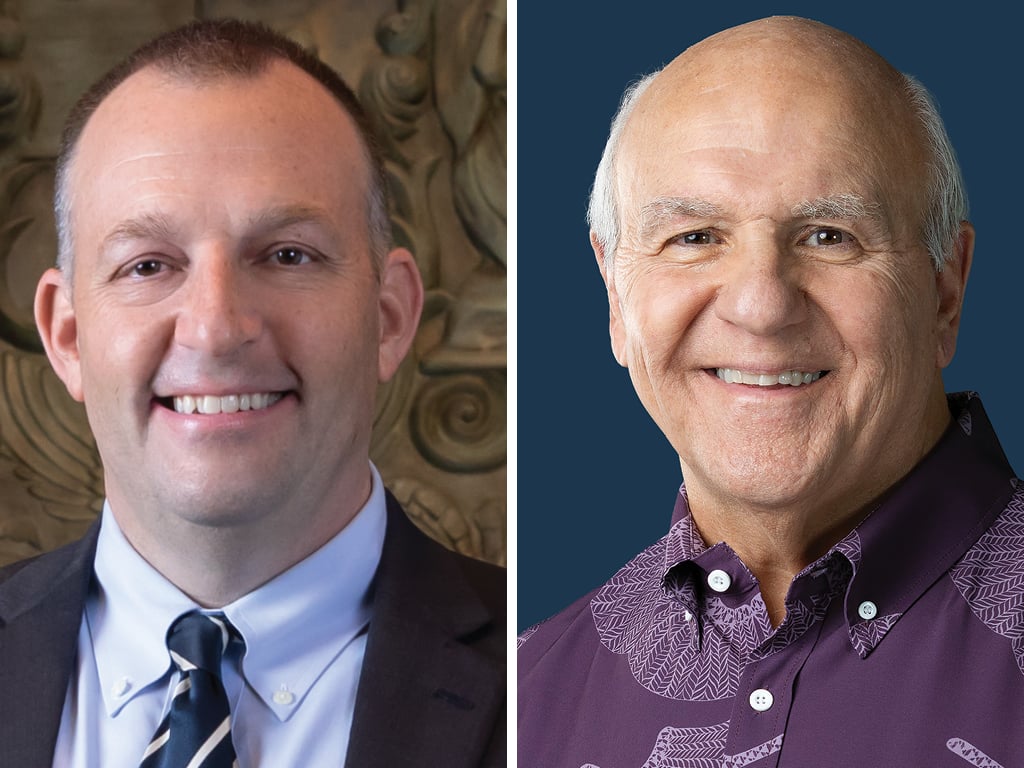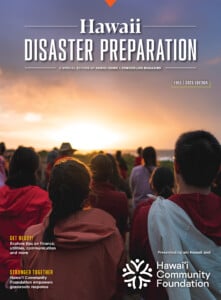Caring for Mind, Body and Spirit
A holistic approach to disaster preparedness includes support for emotional and mental well-being.
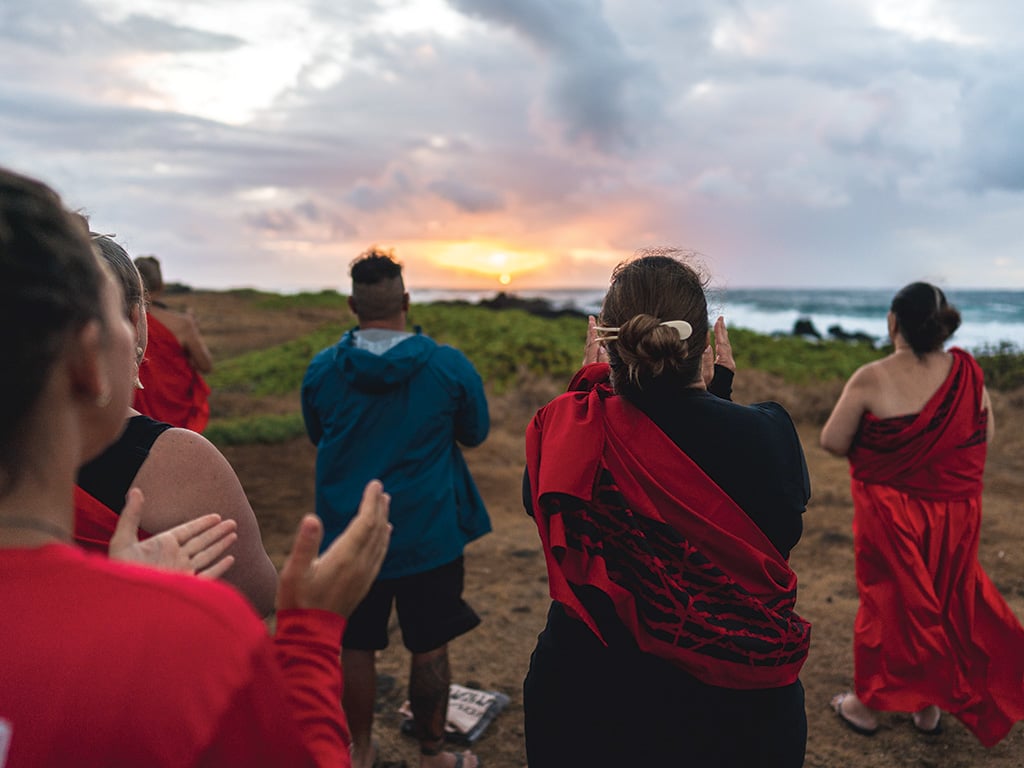
Featured photo: Coming together with shared values and a spirit of aloha brought hope and healing after the catastrophic Lahaina disaster.
The impact of a disaster isn’t just physical — it can quietly shake your emotional and mental well-being, too. In Hawaii, where ohana and cultural connection are central to life, healing often goes beyond repairing what’s been lost. It’s also about taking care of your mind and spirit — before, during and after a crisis.
“Part of preparing today means building our emotional and physical reserves,” says Tim Hansen, a licensed clinical social worker and policy director at the National Alliance on Mental Illness (NAMI) Hawaii chapter. “We need to make sure we are filling our personal cup of energy and well-being on a regular basis. This means staying healthy with a balanced diet, regular exercise, and maintaining positive connections with others.”
Hansen understands the invisible, yet critical, emotional toll disasters take. He advises looking out for signs of distress in yourself and loved ones during an emergency — including increased anxiety, fear, confusion, denial, or emotional exhaustion. Hansen encourages people to seek support early.
“For those living with a mental health condition, it’s important to review a safety plan regularly to reassure yourself that things are in place,” he says. “Asking for help and guidance to prepare now, when others are less stressed and pressed for time, feels better for everyone.”

Community members embrace at a statewide vigil held after the Lahaina fires in 2023.
Hansen offers these practical tips for supporting mental and emotional well-being during disasters:
- Create an emergency phone tree: Keep contact information for your support network up to date. Include mental health hotlines like 988 (Mental Health Crisis Line) and the NAMI HelpLine at 800-950-6262 (or text 62640).
- Keep a current list of medications: Include a note in your safety plan to pack medications if you need to evacuate.
- Talk to your doctor about Long Acting Injectables (LAIs): These may be helpful for certain conditions by reducing the need for daily medication. Some LAIs can last up to six months with a single dose.
- Practice coping techniques: Centering, breathing and mindfulness can redirect focus to the present moment and reduce anxiety.
Integrating culturally informed and spiritual practices enhances a holistic approach to grounding and healing. After the Lahaina fires, for example, communities came together for a statewide vigil on September 1, 2023, to reflect in unity. Organized by aio Media Group and other local partners, the vigil bridged faith with chant, hula and music rooted in shared values and traditions. Hansen says this kind of response is more than symbolic — it’s essential.
“Being aware of our connection to the earth, air and water is powerful,” he explains. “Just pause, breathe deep and look around — we are so blessed to live in these islands, surrounded by such incredible beauty. An awareness of a higher power, in whatever form that takes, is essential. This is a reminder that you are not alone.”



